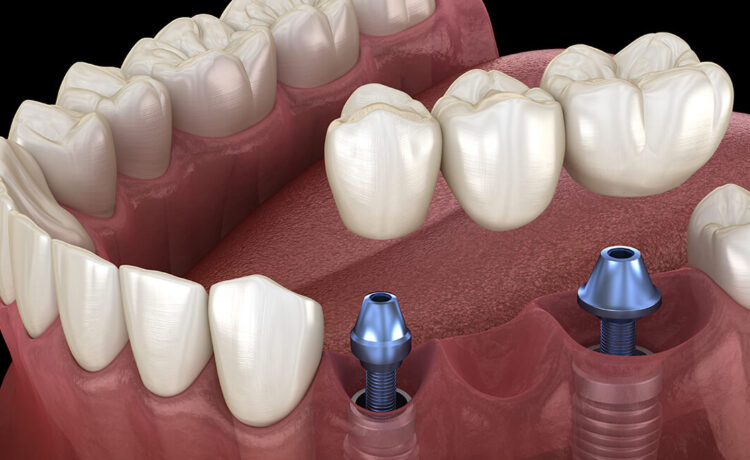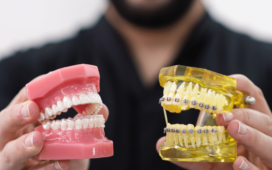Dental implants, which look and function like natural teeth, provide a nearly permanent option for missing teeth. While dental implants in North Coconut Creek, FL, are stain-resistant and do not decay, they can discolor over time, underscoring the importance of frequent care and maintenance to keep their look.
Do dental stains get stained?
Dental implants, which are often constructed of stain-resistant porcelain, closely resemble natural teeth in appearance. To avoid stains, the porcelain glaze must be well maintained. Abrasive toothpaste and acid fluoride can damage the glazing and cause discoloration over time. While the implant may remain brilliant, the bonding substance may lose color, which can be addressed by polishing to restore its original luster.
What causes stains on dental implants?
Preventing stains on teeth, whether natural or implant-supported, necessitates a thorough oral care regimen that includes twice-daily brushing, flossing, and mouthwash use. Tobacco products, due to tar and nicotine, can cause yellow or brown teeth and impede implant healing; it is best to discontinue smoking well before the treatment. Additionally, tannin-rich liquids such as coffee, tea, red wine, and berries can discolor teeth. Consider brushing or rinsing with water after consuming such products to mitigate this.
Using abrasive toothpaste can hasten discoloration on dental implants by causing microabrasions that degrade the glazing and allow stains to form. Consult a dentist for ideas on gentle toothpaste and oral hygiene products that are safe for implants. Even healthy foods containing acids or chemicals might cause discoloration if you do not brush or rinse your mouth after eating. By following these suggestions, you may keep your dental implants bright and shiny while protecting your natural teeth.
What should you avoid?
Dental implants, which are designed to look like natural teeth, require identical care methods to avoid discoloration and ensure their longevity. To avoid discoloration and implant failure, avoid using tobacco products. Avoid tannin-rich foods and beverages such as coffee, berries, red wine, and tea, as these can cause dark stains.
To protect ceramic or porcelain implants from deterioration, use non-abrasive toothpaste prescribed by your dentist, and remember to brush and rinse after meals to prevent the accumulation of hazardous acids or chemicals.
Final thoughts:
When properly cared for, dental implants can restore confidence and functionality. For further information and consultations on dental implants, visit a dental clinic to ensure a stain-free smile and enhanced oral health.



















